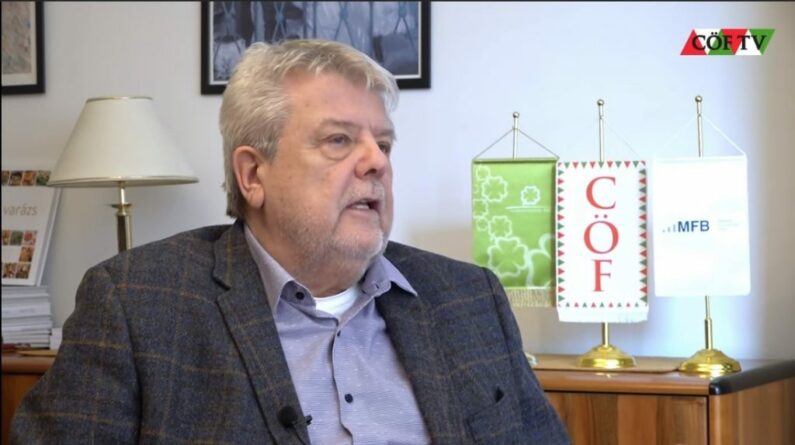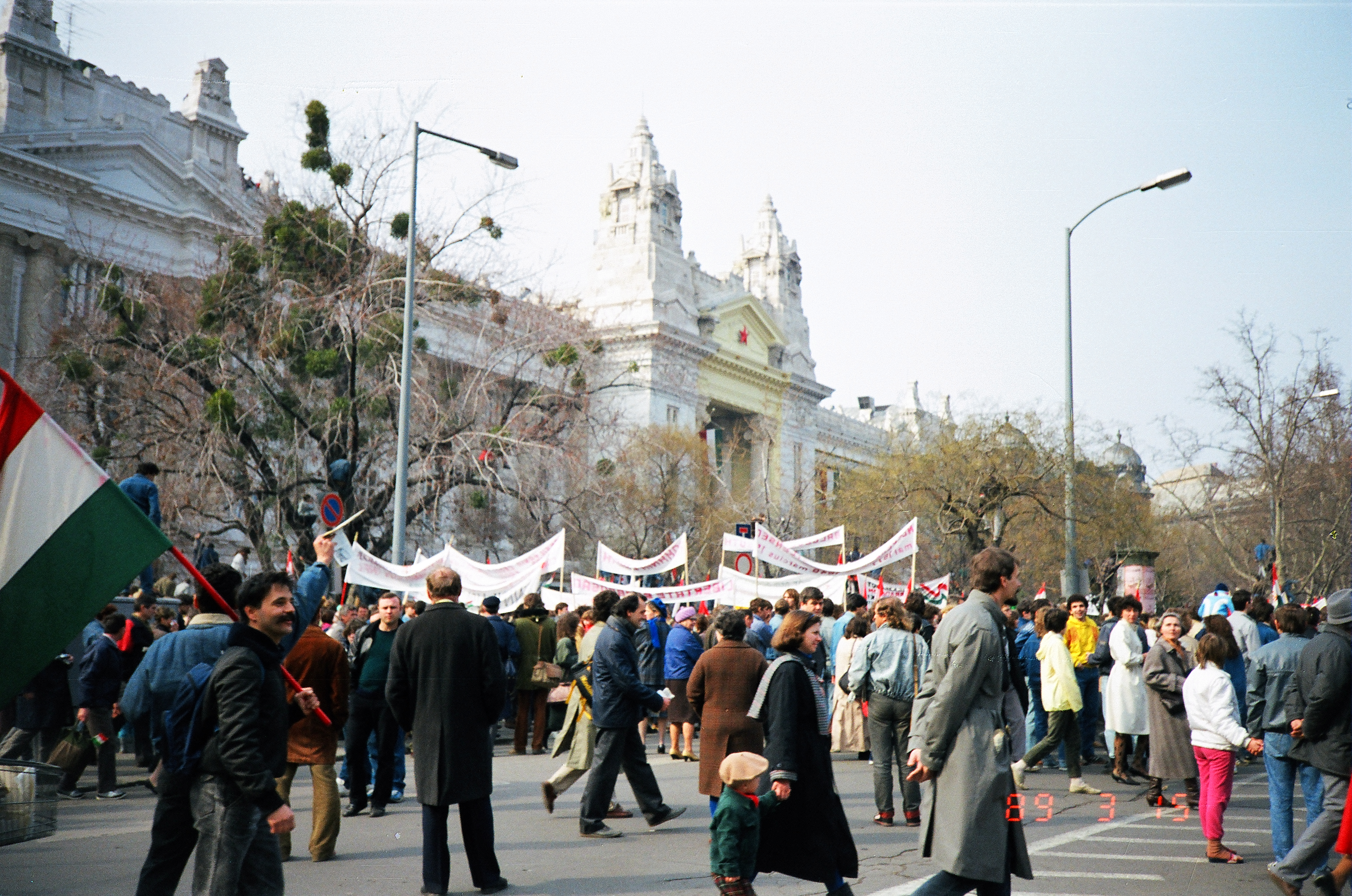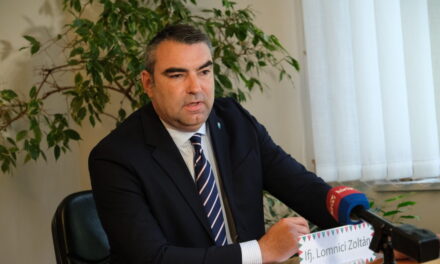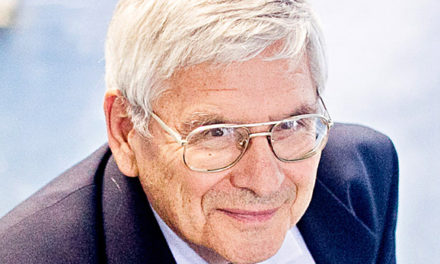Time has passed for the post-communist, all-liberal trade unions. After the regime change, which was successful for them, and recovering their saved assets, they became more and more entangled in the web of anti-government, radical opposition parties that entangled their identity. The headstrong actions of their leaders faithfully reflect their party interests. It cannot be said to be a coincidence that through their painstakingly organized street movements, they are pushed out of the framework provided by employers, where professionally supported arguments take precedence over the pressure exerted by opposition parties. Respect to the few exceptions who mediate the interests of their members, taking into account the rules of morality and objective economic conditions.
The vast majority of our citizens are peace-loving, family-oriented civilians, deeply aware of the eternal role assigned to them, according to which, as the smallest economic community, they are obliged to support their country with their responsible work.
The employees are all citizens who want to participate in shaping their destiny and at the same time represent and protect the cohesive community of their families.
The responsibility of civil society every four years is to elect the country's leadership. Following this decision, the support of the legitimate government according to the laws with the expectation that mutual care can be enforced as strongly as possible. In addition to job creation, a caring government also has a primary role in preserving it. It is also his task to support the fallen.
In the world of work, the interests of employees are traditionally represented by the trade unions of their choice. The representation of interests entrusted to them has suffered a breakdown these days. The ideology of those preparing for global power has infiltrated the world of trade union advocacy. We can see the rise of parties supporting globalism in the movement. In many cases, union leaders, unilaterally influenced by employers, marginalize the opinions of employees in order to make a living. Among the actors of the economy, in the guise of trade unions, the surviving parasites of the defunct party state can wedge themselves into the relationship between the state, institutions and companies, they can poison the life of natural communities, and the clean and optimal relationship between employers and employees.
The family-friendly design of workplaces must be perceptibly visible beyond their operational boundaries. For example, in the expansion of employers' family-oriented services in the fields of sports, culture, education, and the introduction of extra-wage health benefits. It is therefore important to provide additional incentives to employees and their families in order to achieve the employers' goals more effectively.
In consultation with the government, the representatives of the sectoral unions of employees and employers can jointly shape, in addition to taking stock of the country's economic and financial possibilities, the expected measures conveyed to the caring state, proposing the current order.
Implementation studies can justify the development of a new trade union law. Primacy must be given to workplace democracy and the primacy of local decisions, which comprehensively express the agreement of employers and employees supported by both sides.
CÖF-CÖKA recommends that an organization that can be seen in practice be started as a model in trade, which creates the basis of real trade union work by taking into account the principles of subsidiarity in shaping the fate of employees. A family-oriented economy and the presence of a caring state automatically exclude party politics from trade union work. Let it be clear that Christian civilization and the pursuit of national interests always take precedence over the caring and responsible role of the state.
Many Christian-national-conservative trade unions operating in Europe consider the position proposed by the Hungarian spiritual defenders to be timely and to be followed. Now is the time to renew trade union movements.
László Csizmadia
is the chairman of the CÖF-CÖKA board of trustees













